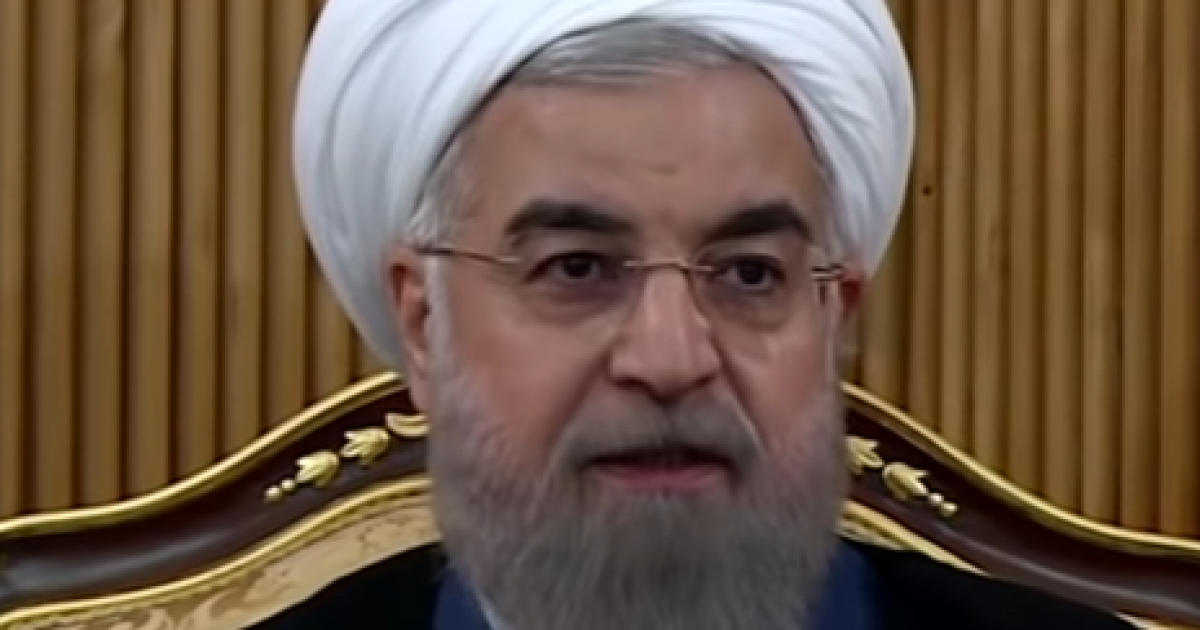
As the expiration of an international weapons ban on Iran looms on the horizon, there is considerable speculation about the potential for a regional war to break out in the Middle East.
A United Nations ban on weapons sales to Iran is expected to expire in the middle of October despite the Trump administration’s efforts to renew it. According to the Washington Free Beacon, senior U.S. officials told the news outlet that Israel and a number of Arab states have joined together in opposition to the lifting of the embargo.
With the arms ban no longer in effect, Russia and China — who already have tight relations with Iran — could then provide Iran with large stockpiles of weapons. In turn, Iran can send these armaments off to it proxies in the region such as Hezbollah in Lebanon. China and Russia have sold arms to Iran before and have helped the country develop nuclear technology. Since the Wuhan virus pandemic, these three countries have only strengthened their relationship.
The Trump administration is attempting to block Iran’s ability to receive arms by turning to a so-called “snapback” mechanism, which would reapply a number of international sanctions on Iran and keep the arms embargo in place. This mechanism was placed in the original nuclear deal.
“Letting the arms embargo expire would set off an arms race in the Middle East,” Brian Hook, the previous U.S. Special Representative for Iran, declared after extensive talks with Arab gulf leaders.
“I have heard that repeatedly from Gulf leaders and Israel during this trip. The permanent members of the Security Council dismissed the request from all six Gulf nations and Israel to extend the arms embargo and add new sanctions on Iran. The council failed.”
Hook promised that the United States would “do the right thing and restore U.N. sanctions on Iran—and that includes the arms embargo.”
However, the reapplication of all international sanctions on Iran will encounter obstacles. European nations are against the U.S.’s efforts to indefinitely extend the arms embargo and are currently opposing increased efforts to reactivate all sanctions imposed on Iran that were discarded under the 2015 nuclear agreement. The lack of progress at the U.N. Security Council has dented U.S.’s historically close ties with France, Germany, and the U.K. In addition, such tensions have the potential of forcing the Trump administration to take diplomatic actions against these countries.
“If the arms embargo on the Islamic Republic of Iran lapses, military planners in Washington, Jerusalem, and Arab capitals should assume that they will soon be confronting more formidable Iranian military and proxy forces,” said Bradley Bowman, senior director of the Center on Military and Political Power at the Foundation for Defense of Democracies.
Iran has a strong proxy presence in Iraq, Lebanon, Syria, and Yemen and will likely become stronger with the potential of the arms ban on Iran being rescinded growing higher by the day.
Due to the threat of an Iran with greater access to Chinese and Russian weaponry, Israel and Gulf players like the UAE have grown closer in trying to form a balancing coalition against the Islamic Republic.
“The U.S., Israel, and Arab partners should look for prudent opportunities to increase joint and combined military capability to deter and punish additional aggression and terrorism from Tehran,” declared FDD’s Bowman.
Frankly, the U.S. should do everything it can to stay out of this conflict.
Israel and its partners are modern countries that are more than capable of defending themselves. Israel is the Middle East’s most technologically advanced and militarily powerful country, so it should not have much trouble in checking Iran.
The Middle East is perennially unstable and not worth investing anymore American blood and treasure into it. America would be best served by staying out of this new conflict.



